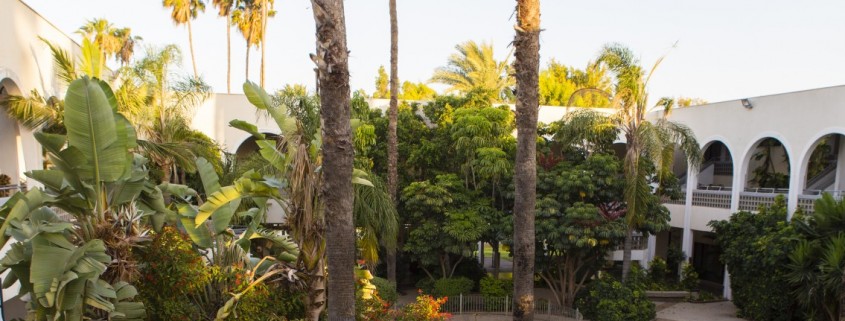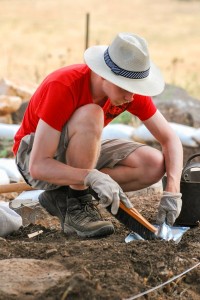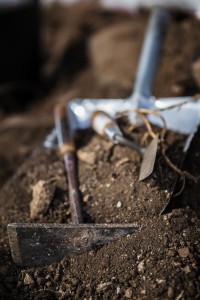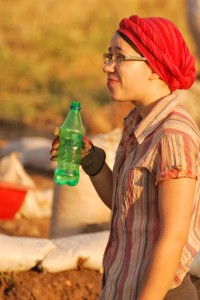
Address
The address if the ‘Pilgerhaus’ Tabgha is:
Pilgerhaus Tabgha am See Gennesaret
P.O.B. 444
IL-1495000 Migdal
Telefon: 00972-(0)4-6700-100
pilgerhaus-tabgha@dvhl.de
Telephone and Internet
Public phones are not available at the Tabgha Pilgerhaus. We recommend checking with your mobile phone provider regarding roaming options for Israel, though these can often be quite costly. Free Wi-Fi is provided at the Pilgerhaus, and the password will be available at the reception.
Clothing
- A couple of pairs of short trousers
- At least one pair of long trousers, especially for holy sites and cool evenings
- Long working trousers are recommended, especially if your skin is prone to sunburn and you do not like thistles pricking your skin
- Several T-shirts and one or two long sleeved-shirts for holy sites and cool evenings; light pullover for cool evenings and air-conditioned rooms
- Robust and high working shoes (high trekking boots are the safest option – no sandals or light gym shoes are allowed for digging/surveying)
- Second pair of shoes for other activities; sandals or flip-flops for the beach
- Bathing suit and a towel (the Pilgerhaus has towels, but it is recommendable to bring your own towel for the beach and other activities)
- Wide-brimmed hat or other head cover for working days and other activities. Due to the danger of sunstroke, it is compulsory to cover the head during the working day
- A soft, large and light scarf provides additional protection for your neck and shoulders
Trowel and Working Gloves
- A good trowel is the archaeologist’s best friend. An enthusiastic archaeologist would bring with his/her own trowel (though this is by no means compulsory; we are well equipped with trowels that you may use). An American Marshalltown trowel is the first choice for many in the field. Suitable sizes are 4, 4.5, 5 or 6 inches. Other trowels we can recommend are English WHS trowels. They are about 3 to 4 inches and much stronger than the Marshalltowns, but don’t have much flexibility.
- You should also bring with you a pair of working gloves fitting your size. Gloves – like the ones used for gardening – may protect your hands from injuries and scorpion bites
Other equipment
- Water bottle (compulsory during work in the field)
- Sewing kit
- Sun lotion and after sun (they are more expensive in Israel than in Europe/US)
- Sun glasses
- Washing powder and pegs for drying your clothes after washing (can also be bought in Tiberias). A shared laundry service will also be organized by the Guest House for extra cost, but usually it is most practical to wash small items separately every day
- Hygiene products (might be more expensive in Israel)
- Alarm clock
- Ear-plugs (in case one of your room-mates snores; if you are a snorer bring ear-plugs for your room-mates…)
Medicines
- Personal medication
- Pain-killers (headache etc.)
- Medicine against cold (very common, caused by the difference between the hot climate and cool air-conditioned rooms)
- Medicine against stomach problems (very common); e.g., Immodium
- Plaster/band aid
- Disinfectants
- Mosquito repellent – there are quite many mosquitos by the lake in the evenings
- Hydrocortisone or equivalent lotion that eases insect bites (if you are allergic to insect bites, bring your own medicine)
“What you may need…”
Beverages and small snacks may be purchased in a large shopping mall close to Migdal (requires transportation by car or a short bus drive). All products for daily use can be bought in Tiberias or at gas station along the way to Tiberias. Note, however, that work will not allow frequent trips to town.


